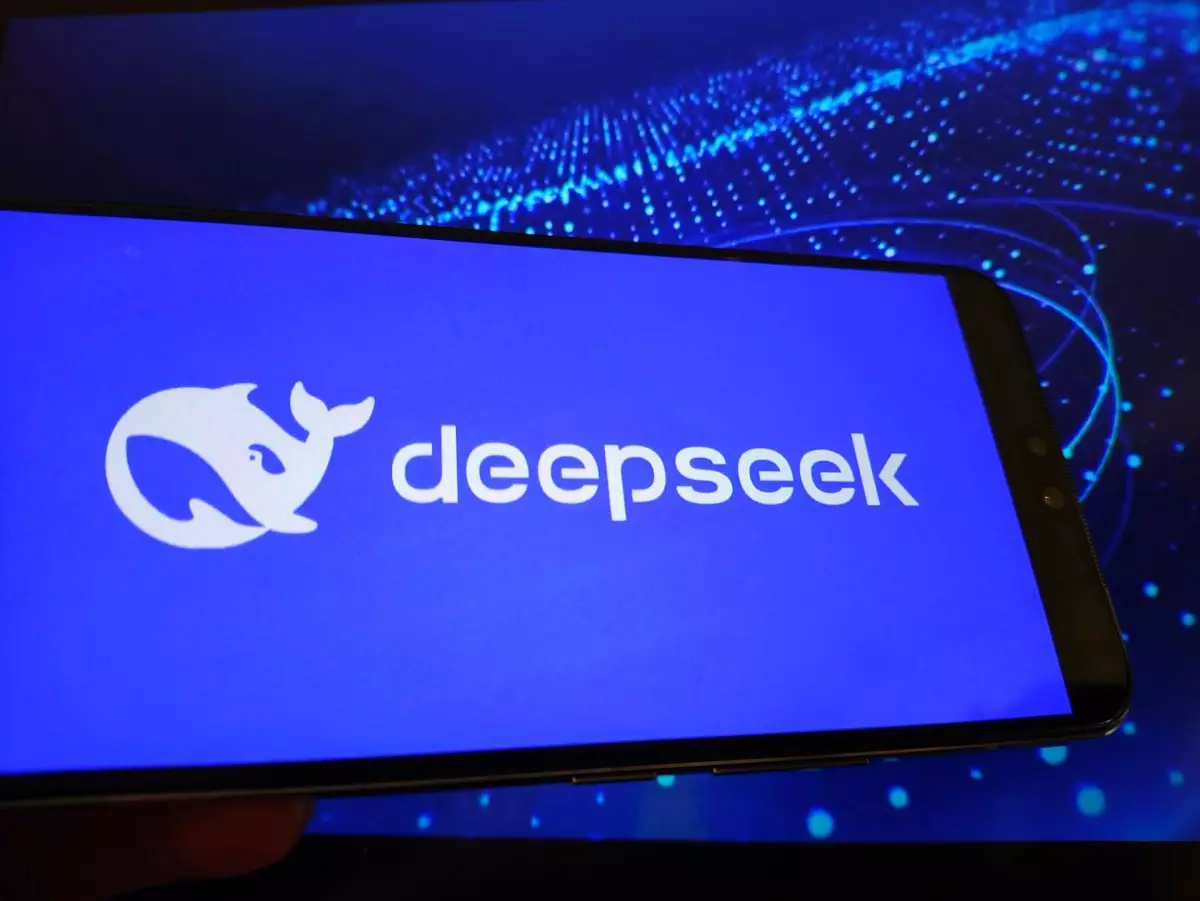In a landscape marked by rapid technological advancements, the concerns surrounding data privacy have become paramount, particularly when it involves international applications that handle sensitive user information. Recently, South Korea’s decision to impose temporary restrictions on DeepSeek, a Chinese AI application, highlights the delicate balance between innovation and privacy. This action emphasizes the vigilance of nations in safeguarding the data of their citizens amidst growing geopolitical tensions and concerns over data security.
The South Korean Personal Information Protection Commission (PIPC) has taken a proactive stance by preventing the download of DeepSeek’s app from local app stores. Although existing users can continue to access their services, the PIPC’s recommendation to refrain from sharing personal information until a comprehensive review of DeepSeek’s practices is complete sends a clear message regarding the importance of data protection. This pause in availability underscores the rigorous scrutiny that foreign technology firms must undergo, particularly those originating from regions with different regulatory frameworks.
The investigation into DeepSeek was initiated shortly after the app’s launch in South Korea, aiming to unravel its data collection and processing methodologies. The alarming discovery that DeepSeek had forwarded user data to ByteDance, the parent company of TikTok, brought to light significant issues regarding third-party data sharing. This breach of trust has amplified calls for stricter enforcement of privacy laws and highlighted the potential risks associated with international tech firms operating in South Korea without a firm grasp of local regulations.
South Korea is not isolated in its apprehensions regarding DeepSeek. Various countries, including Australia and Italy, have displayed similar caution. By restricting DeepSeek’s application on government devices, these nations reflect a broader trend of prioritizing national security in light of the rapid globalization of technology. Governments are increasingly wary of the potential vulnerabilities that foreign applications might introduce, prompting them to take protective measures that securitize government operations.
As the investigation unfolds, DeepSeek has expressed its intent to align with South Korean legal standards and has appointed a local representative to foster better communication with authorities. What remains to be seen is how effectively the company can amend its practices to ensure compliance with stringent privacy regulations while retaining its competitive edge in the rapidly evolving AI market. The transparency of their approach and willingness to cooperate could play a pivotal role in determining the future viability of their services in South Korea and beyond.
The situation surrounding DeepSeek serves as a reminder of the complex interplay between technology, privacy, and international relations. As the global tech landscape continues to evolve, nations will undoubtedly remain vigilant about protecting their data sovereignty. For companies like DeepSeek, navigating these challenges will require not only adherence to local laws but also an understanding of the socio-political contexts in which they operate. In an era where public trust in technology is frail, only those willing to prioritize ethical data handling will thrive.

